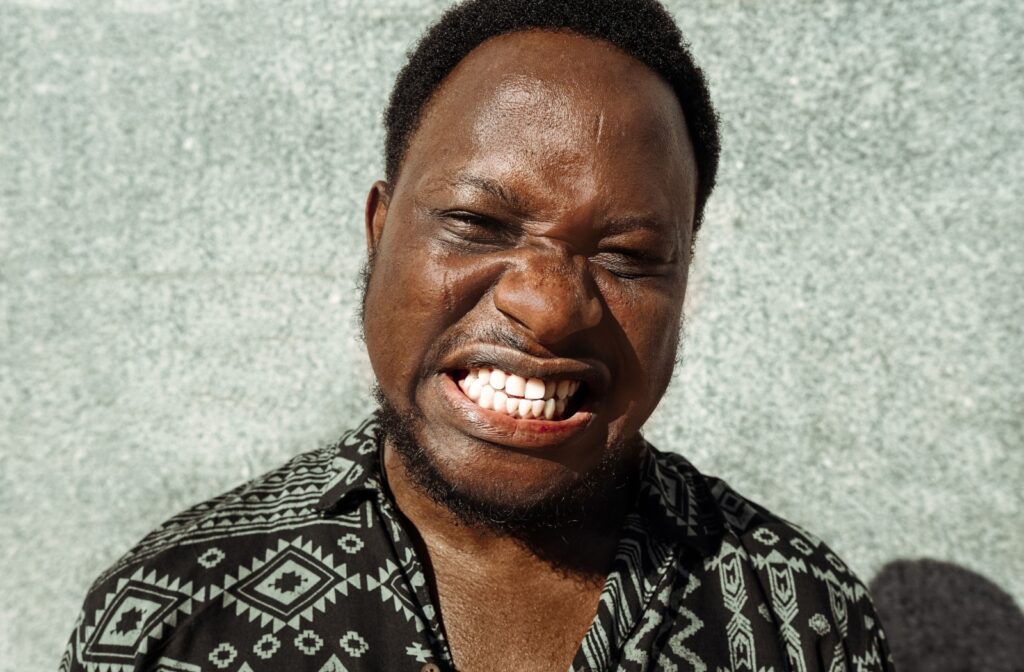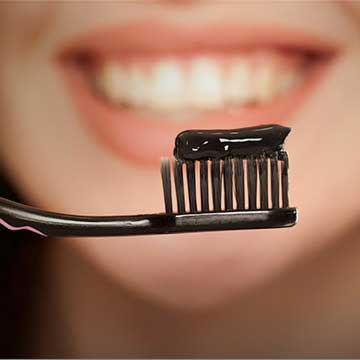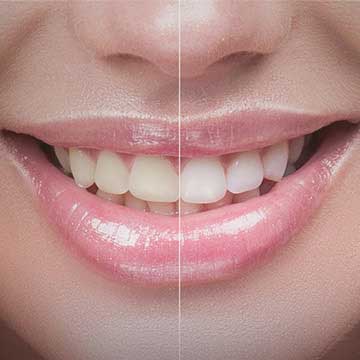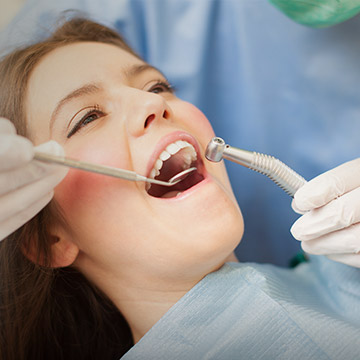Teeth grinding and jaw clenching often go unnoticed until significant symptoms catch our attention. This involuntary habit can cause headaches, tooth damage, and jaw pain. If you’re constantly waking up with a sore jaw or a headache, you might be one of many individuals who clench their jaw unconsciously, especially during sleep.
You can try identifying stressors, practicing jaw awareness, improving your sleep environment, using a mouth guard, doing jaw exercises, staying hydrated, using hot/cold compresses, limiting caffeine and alcohol intake, and even dental botox.
Signs of Jaw Clenching
Recognizing the signs of jaw clenching, or bruxism, is the first step to addressing this condition. Signs include jaw soreness, facial pain, worn-down teeth, and increased tooth sensitivity. In severe cases, it can even lead to temporomandibular joint disorders (TMJ), affecting the muscles for chewing and the joints connecting your jaw to the skull.
Why Do We Clench Our Jaws?
Clenching your jaw may be your body’s response to stress, tooth malalignment, disrupted sleep, or lifestyle habits. Whatever the cause, bruxism can be harmful to your dental health and overall comfort. Here are 10 practical tips to alleviate jaw clenching and improve jaw health.
10 Tips to Try for Jaw Discomfort
Here are a few tips you can try today that may relieve any discomfort you are experiencing:
Identify & Address Stressors
Stress is a common catalyst for jaw clenching. Identify stress triggers in your life and employ stress-reduction techniques such as yoga, meditation, or deep breathing exercises. Counselling or therapy can also help manage stress and anxiety that may contribute to clenching.
Practice Mindfulness & Jaw Awareness
Mindfulness can highlight when and how often you are clenching your jaw. If you catch yourself clenching during the day, consciously relax your face and perform stretching exercises to release tension.
Improve Sleep Environment & Position
Optimizing your sleep position can impact your jaw clenching. Try sleeping on your back to avoid putting extra pressure on your jaw. Also, make sure your sleep environment is relaxing, with minimal light and noise pollution.
Use a Mouthguard
Wearing a mouthguard at night can cushion your teeth and prevent the effects of clenching. Custom mouthguards from a dentist offer the best fit, but over-the-counter options are also available.
Incorporate Jaw Exercises
Regular jaw exercises can strengthen the muscles and promote relaxation. A simple exercise is to place the tip of your tongue on the roof of your mouth, open your mouth wide while keeping your tongue in place, and repeat several times.
Stay Hydrated
Dehydration can contribute to muscle tension and cramping, including those in your jaw. Make sure you’re drinking enough water throughout the day.

Apply Warm & Cold Compresses
Alternating between warm and cold compresses can soothe jaw muscles. Use a warm towel to relax muscles, followed by a cold pack to reduce inflammation and pain.
Limit Caffeine & Alcohol Consumption
Both caffeine and alcohol can increase tension in the jaw and exacerbate clenching. Limit intake, especially in the hours before bedtime.
Using Botox
One useful treatment for bruxism is botox. It can relieve symptoms by immobilizing the muscles that cause tightness in the jaw.
Seek a Professional Opinion
If your clenching persists, seek advice from a dental professional. They might recommend treatments such as dental correction or therapeutic techniques.
Impacts of Jaw Clenching
Jaw clenching is more than just an annoying habit; it can seriously impact your dental and overall health. Acknowledging the factors contributing to bruxism and actively applying these tips can alleviate pain and prevent potential damage. Start making changes today for the health of your jaw tomorrow. Remember, each small step can lead to significant relief from discomfort and protect your smile for years to come.
Don’t Wait to Seek Help
Do not wait for the discomfort to become unbearable or serious dental issues to arise before taking action. If you’ve experienced any symptoms of jaw clenching or bruxism or are looking for more guidance on protecting your dental health, reach out today to schedule a consultation.
Our team at Otara Dental is ready to provide personalized advice and solutions tailored to your needs. Protect your smile and invest in your health—your future self will thank you.









